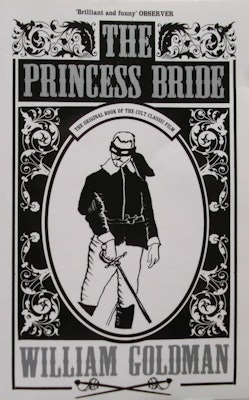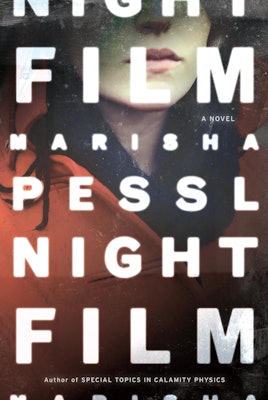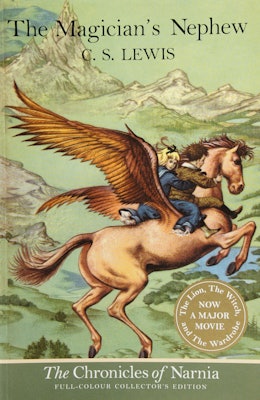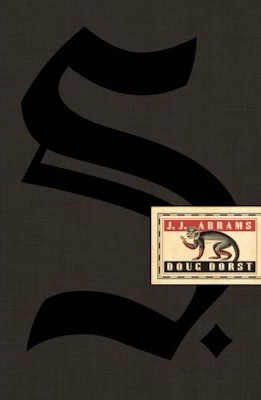
No one can deny we are living in a volatile time right now, with animus spreading as fast, if not faster than COVID. While it is all of our duty to vote (make sure you are registered, and vote in-person if you can and are willing), every once and a while it's okay to turn it off and escape into another reality—live in another's shoe and gain some perspective outside your echo chamber.
'The Princess Bride' by William Goldman

The film of The Princess Bride has a massive cult following, and there are few people left alive who don’t know how to finish the sentence “Hello, my name is Inigo Montoya”. But trust us when we say (as someone who will proudly admit to having watched The Princess Bride more than 100 times) — the book is even better.
'Night Film' by Marisha Pessl

You might be forgiven for thinking that Night Film is not a novel at all, but a mystery for you to solve. It refuses to be bound to the page, prompting readers to unlock extra content using an app on their phones. Getting lost in Pessl’s world isn’t a side effect of this book, it’s the only way to read it.
'The Magician's Nephew' by C. S. Lewis

Adults are often revisiting the beloved The Lion, The Witch, and the Wardrobe, but there’s no need to stay in Narnia when C. S. Lewis created a whole multiverse to get lost in. The Magician’s Nephew tells the story of Narnia’s creation amongst an infinity of other worlds, 1,000 years before the Pevensie children ever stepped through the magical wardrobe.
'S' by Doug Dorst

Everything about S was designed to get lost in; it was even conceived by J. J. Abrams, the guy behind Lost. S is made up of a novel, The Ship of Theseus, designed to look like an old library book with hand-written annotations — and letters, postcards, and maps slipped in between the pages. The story is weaved throughout all of these, as well as scattered over Internet forums; you’ll get so lost in this world, you may never find your way back out.
Middlemarch by George Eliot

While all of George Eliot’s novels are excellent, Middlemarch, written in 1871, is her masterpiece. In Middlemarch, Eliot rotates between a cast of characters in a small town. Dorothea Brooke is of the upper class with superior intellect and grace. Everyone is disappointed when she marries Mr. Casaubon, a man far older than she, in the hopes that he would help her intellect grow. Mr. Lydgate, a new doctor in town, marries Rosamond, a charming and beautiful daughter of a manufacturer. But scandal and unfulfilled hopes mar their marriage. Mary Garth, the daughter of a poor but honest family, is courted by Fred, Rosamond’s brother, but with no prospects, he has little hope of attaining her. Eliot is a keen observer of psychology and often spends several chapters probing character motivations.
Bleak House by Charles Dickens

This is the longest novel by Dickens in terms of page length, and my favorite of his. It’s a murder mystery, courtroom drama, and romance that perfectly encapsulates Victorian-era London and Dickens’s witty and compassionate writing style. He introduces many subplots and characters in the beginning, and then slowly ties in the characters and plots together until everything connects in the end. It’s a masterpiece.
The Count of Monte Cristo by Alexandre Dumas, Translated by Robin Buss

Despite being the longest book on this list, The Count of Monte Cristo is a relatively fast read with lots of action and a clear plot. Edmond Dantes was wrongfully sent to prison. After fourteen years, he escapes and begins to execute his plans to revenge himself on the four men who sent him there. This is perhaps the greatest revenge novel ever written, and very loosely based on true events.


